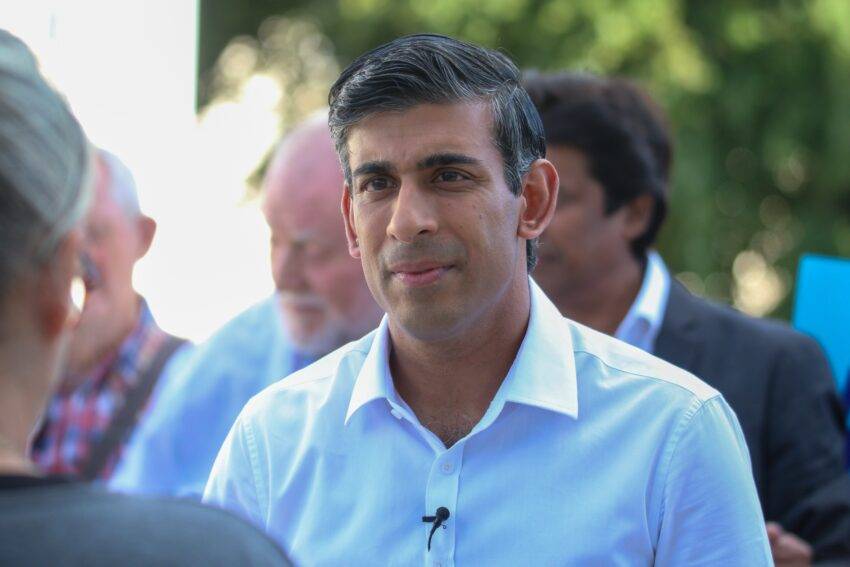Business
Rishi Sunak extends child benefit to higher earners

In a strategic move to close the gap with Labour, the Conservative Party has pledged to extend child benefit to 700,000 higher income households by raising the threshold to a combined income of £120,000 per household.
Currently, child benefit, worth more than £2,000 a year for two children, is withdrawn if one member of the household earns more than £60,000, with full withdrawal at £80,000. Critics have pointed out the arbitrary nature of these thresholds, as dual-income households earning £60,000 each still receive full benefits, while single-income earners earning £80,000 receive no benefits at all.
The proposed overhaul would see single-earner households receive the full child benefit up to £120,000, with the gradual withdrawal only starting when the household income exceeds £160,000. This reform is expected to cost £1.3 billion, funded by measures against tax avoidance and evasion.
Chancellor Jeremy Hunt announced: “Today we have unveiled a £1,500 tax cut for parents to boost financial security and give families more purchasing power. Raising the next generation is of paramount importance, and as part of our plan to cut taxes, we are easing the burden on working families.”
In the upcoming manifesto, the Conservatives plan to announce another significant tax cut, with possible cuts to stamp duty and inheritance tax.
Prime Minister Rishi Sunak used a recent debate to claim Labor would impose a £2,000 tax rise on households, a statement dismissed as false by Labor leader Sir Keir Starmer. Hunt stressed: “Voters face a clear choice: bold Conservative tax cuts for working families or a £2,094 tax increase under Labor to cover their £38.5 billion spending gap.”
The £60,000 threshold, introduced by the Conservatives in 2013, ended universal child benefit and initially affected one in eight families. It has been frozen since its introduction but now affects almost one in three families, or 2.5 million households. Hunt had previously increased the threshold from £50,000 to £60,000, citing unfairness towards single-income households and calling for further reforms.
A Labor spokesperson criticized the announcement, saying: “This is yet another chaotic, unfunded policy from Rishi Sunak, reversing his party’s own decisions. The choice is between continued Conservative chaos or Labor stability.”
The Conservative Party’s claim about Labour’s £2,000 tax increase has come under scrutiny, with the Office for Statistics Regulation noting that the figure covers a four-year period, which may be misleading without full context.
Starmer reiterated: “Our plans are fully budgeted and funded, with no tax increases for working people. The Prime Minister’s desperate claims are false, and he knew it.”









